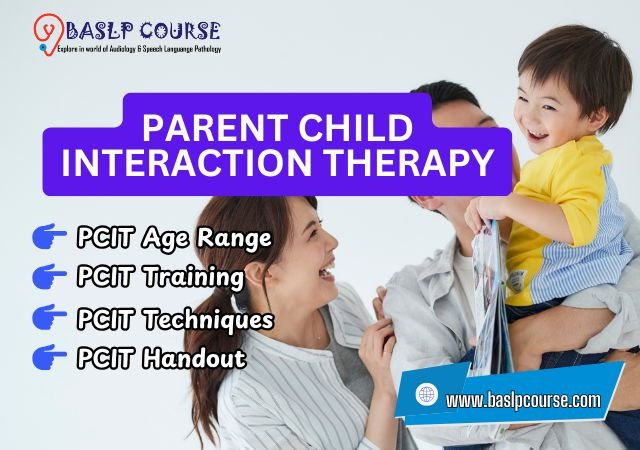Who are Speech Language Pathologist and what do they do?: Communication is the essence of human interaction, and when it’s hindered by speech or language disorders, it can significantly impact an individual’s quality of life. This article delves into the world of Speech Language Pathologists (SLPs), exploring who they are, what they do, and the importance of their profession.

The Role of Speech Language Pathologists (SLPs)
Assessing Communication Disorders
SLPs are highly trained professionals who specialize in the assessment, diagnosis, and treatment of communication disorders. They work with people of all ages, from young children with speech delays to adults recovering from strokes. Their primary role is to evaluate and understand the nature and extent of speech, language, and communication challenges.
Providing Therapy
Once the assessment is complete, SLPs design personalized therapy plans to address each individual’s specific needs. They employ a variety of techniques to help improve speech clarity, language comprehension, and overall communication skills.
Speech and Language Therapy
Understanding Speech Therapy
Speech therapy focuses on improving speech and articulation. It helps individuals with speech sound disorders, such as mispronunciations and speech impediments, to communicate more effectively.
The Importance of Language Therapy
Language therapy, on the other hand, concentrates on enhancing language skills. This includes improving vocabulary, grammar, and the ability to express thoughts and ideas clearly. Language therapy is invaluable for individuals with language delays or disorders.
The Skills of a Speech Therapist
Articulation and Pronunciation
One of the key skills of a speech therapist is helping individuals articulate and pronounce words correctly. This is crucial for clear and effective communication.
Fluency and Voice Control
Speech therapists also work on fluency and voice control. They help individuals who stutter gain fluency and assist those with voice disorders in achieving healthy vocal production.
Voice Therapy
Enhancing Vocal Health
Voice therapy focuses on maintaining and enhancing vocal health. This is important for professionals like teachers, singers, and public speakers who rely on their voices for their careers.
Treating Voice Disorders
Voice therapists also treat voice disorders such as hoarseness, vocal nodules, and vocal cord paralysis. They provide strategies to prevent further damage and promote vocal healing.
Is Speech Language Pathology a Good Career Option?
Career Opportunities
SLPs have a wide range of career opportunities. They can work in schools, hospitals, rehabilitation centers, private practices, and research institutions. The versatility of this profession allows SLPs to choose settings that align with their interests.
Qualifications and Training
Becoming an SLP requires a master’s degree in Speech Language Pathology. This involves rigorous coursework and supervised clinical experience. After completing their education, SLPs must obtain licensure to practice.
Conclusion
In conclusion, Speech Language Pathologists play a vital role in helping individuals overcome communication challenges. Their expertise in assessing, diagnosing, and providing therapy for speech and language disorders is instrumental in improving the quality of life for many people. If you have a passion for communication and a desire to make a difference in people’s lives, a career in Speech Language Pathology can be a rewarding choice.
FAQs
The primary role of an SLP is to assess, diagnose, and treat communication disorders, including speech sound disorders, language delays, stuttering, and voice issues.
Becoming a Speech Therapist typically involves completing a master’s degree program, which takes about two years after obtaining a bachelor’s degree.
Yes, Speech Therapists work with individuals of all ages, from young children to senior adults, addressing a wide range of communication challenges.
Speech therapy primarily focuses on improving speech sounds and pronunciation, while language therapy concentrates on enhancing vocabulary, grammar, and overall language skills.
To pursue a career in Speech Language Pathology, you’ll need to earn a master’s degree in the field and obtain the required licensure to practice in your state or country.
References:
- Indian Speech and Hearing Association (ISHA)
- American Speech and Hearing Association (ASHA)
You are reading about:
Who are Speech Language Pathologist and what do they do?








0 Comments